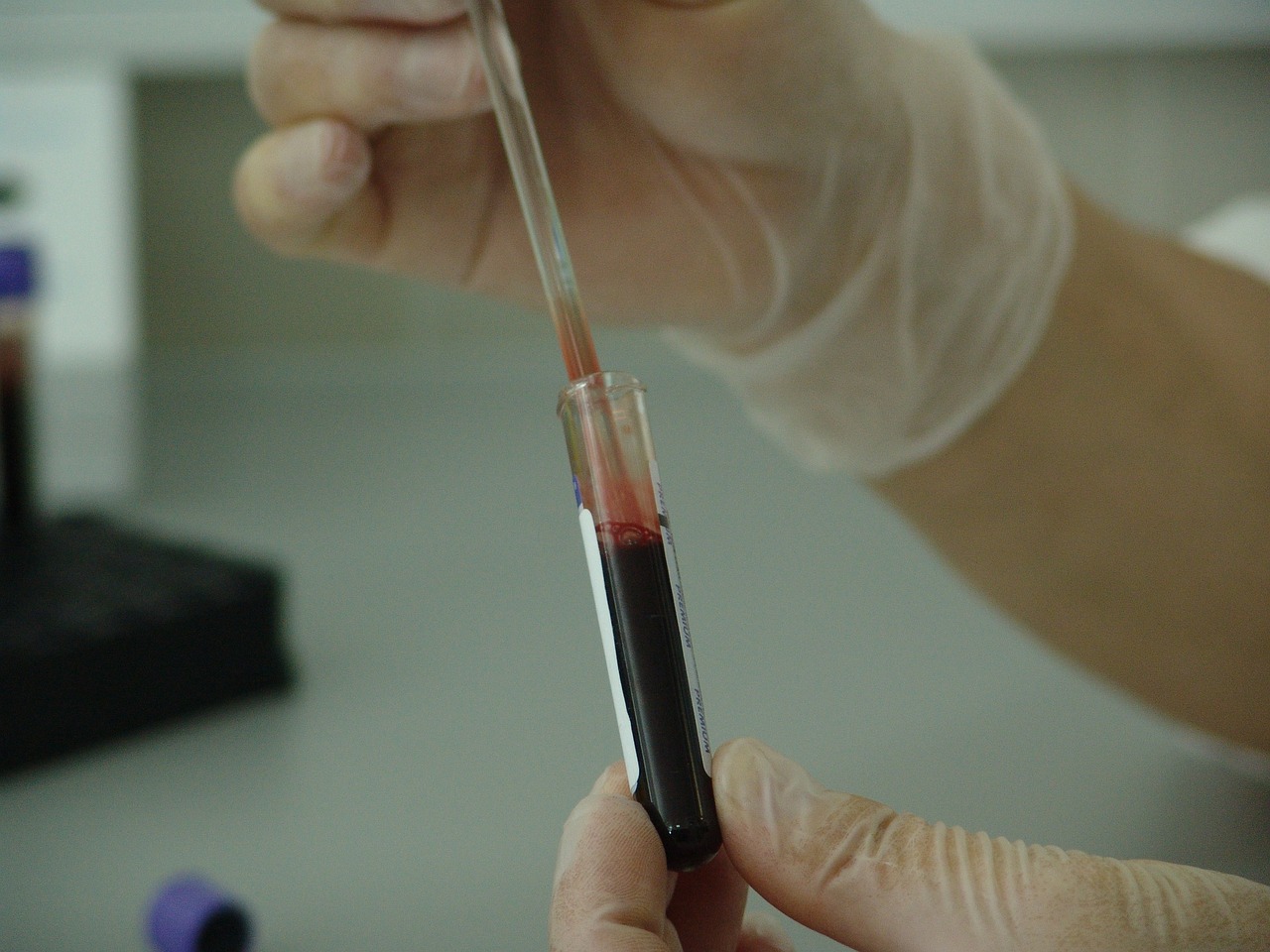In this article, we will discuss about tumor markers, which are useful to determine the site and management of cancer .
What is tumor marker?
A tumor marker is also called biomarker. It is produced either by cancer cells or by healthy cells in response to cancer. Most of the tumour markers are found in the blood.
What is indication of tumor marker?
Tumour marker tests are used to know the type of cancer or any other physical condition other than cancer that can raise the level of tumour marker. Tumour marker level is also correlated with other radiological tests like MRI, CT scan or PET-CT scan.
Few indications for tumour marker tests are following:
- To diagnose and to know the severity of cancer.
- To monitor the treatment response. Generally, if the level goes down, the treatment is working. If it goes up, the treatment is not working or the cancer is not responding to the treatment.
- To watch for recurrence. If after treatment the tumour marker level comes down within normal level and after sometime again it starts increasing, then there is chance of re-appearance of cancer.
- To screen a particular type of cancer in high risk people for a specific cancer.
Are there different types of tumor markers?
Different tumor markers are used for different types of cancer. Some tumor markers are associated with only a particular cancer and few tumor markers are associated with more than one type of cancer.
Is tumour marker test used as screening?
Ideally, the markers can be used as a screening test (looking for cancer in people who don’t have symptoms) for the general public. The goal of screening is to find cancer early, when it is most treatable. Tumor marker that is generally used as a screening tool is prostate-specific antigen (PSA) for prostate cancer.
What are the limitations of tumor marker tests?
The main limitation of tumor markers is that they are not specific. The level of tumour marker might be high when cancer is not present and the level may not be high in early cancer. In known cancer patient, sometimes that particular cancer specific tumour marker may not be elevated.
Which are the commonly used tumor markers?
The following table shows the commonly used tumour markers
| Tumor Marker | Increased levels in Common Cancers | Increased levels in non-cancerous conditions |
| AFP | Liver cancer (Hepato-cellular carcinoma = HCC) | Pregnancy, Liver disease (hepatitis, cirrhosis, toxic liver injury) |
| CA-125 | Ovarian cancer Omental disease Uterine and cervical cancer | Pregnancy, Endometriosis, Ovarian cysts, Pelvic inflammatory disease |
| CEA | Colorectal, Lung, Gastric, Pancreatic, Bladder cancers | Cigarette smoking, hepatitis, inflammatory bowel disease |
| CA 19-9 | Pancreas, Gall bladder and Biliary tree cancers Esophageal cancer | Pancreatitis, Inflammation or blockage of the bile duct, Endometriosis |
| CA 15-3 | Breast | Liver disease |
| PSA Prostate Specific Antigen | Prostate | BPH (benign prostatic hypertrophy), Prostatitis, Prostatic massage |
| HCG Human Chorionic Gonadotrophin Or Beta-HCG, B-HCG | Testicular cancers, Gestational Trophoblastic Disease | Pregnancy, hypogonadism (testicular failure), |
| Chromogranin A | Neuroendocrine Tumors, Carcinoid tumors | – – – |
| LDH Lactate Dehydrogenase | Lymphoma, Melanoma, Seminoma (germ cell tumors) | Hepatitis, Heart attack, Stroke, Muscle injury |
| Beta-2-Microglobulin | Multiple myeloma | Kidney disease, Hepatitis |
